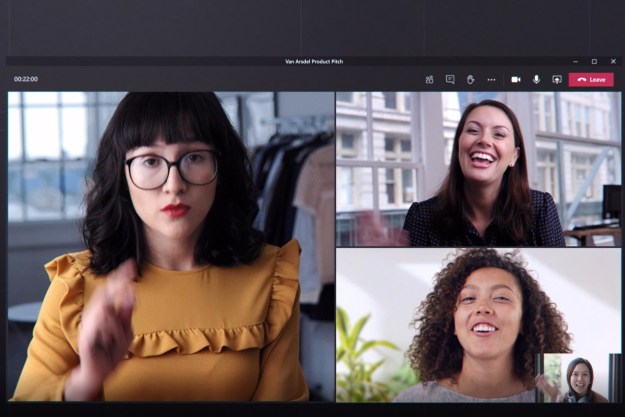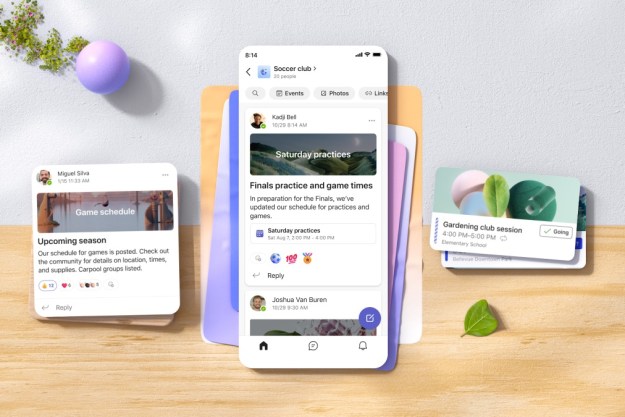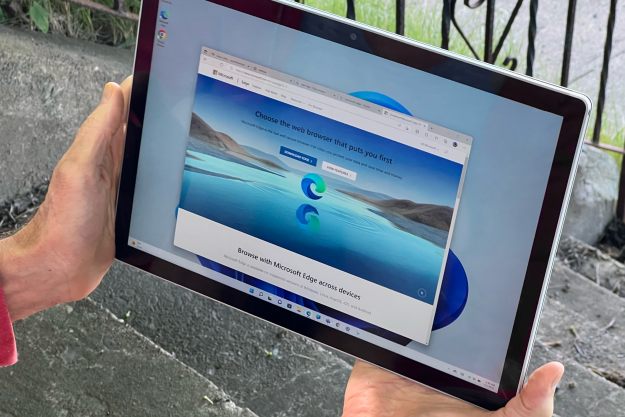
Facial-recognition technology is playing an increasingly important role in modern society. Advocates praise the technology for things like helping to locate a lost child walking down a busy street or identifying criminals, like the Capital Gazette shooter, while critics argue that its use violates privacy expectations and could lead to the formation of a surveillance state. Microsoft, one of the many tech companies working in this area, is propelling itself into the spotlight, positioning itself as the moral compass on how technologies like facial-recognition software can be used ethically to benefit society. In a detailed blog post, Bradley Smith, Microsoft president and chief legal officer, argued that use of facial recognition must be regulated by the government.
“We live in a nation of laws, and the government needs to play an important role in regulating facial-recognition technology,” Smith wrote, noting that “a world with vigorous regulation of products that are useful but potentially troubling is better than a world devoid of legal standards.”
Smith’s call to arms on the topic stems in part from a recent Microsoft controversy. After it was reported that software, potentially facial-recognition tools, was used to aid the U.S. Immigration and Customs Enforcement agency amid a national crisis where immigrant families were separated at the border, critics called on Microsoft to terminate its agreement with the government. Smith took the opportunity in spearheading regulation for facial recognition by clarifying that Microsoft only provided IT support for email, calendar, messaging, and document management.
Smith argued that “the only effective way to manage the use of technology by a government is for the government to proactively to manage this use itself.” Without regulation, technology companies will continue to create tools that governments will purchase and use in ways that the public may deem unacceptable. “And if there are concerns about how a technology will be deployed more broadly across society, the only way to regulate this broad use is for the government to do so,” he said.
Microsoft believes that Congress should create a bipartisan commission of experts to create new rules governing facial recognition and machine learning. “The key is for lawmakers to use the right mechanisms to gather expert advice to inform their decision-making,” Smith said, and that the purpose of the commission is to advise Congress on the laws and regulations needed.
The committee would help Congress answer questions such as: “Should law enforcement use of facial recognition be subject to human oversight and controls, including restrictions on the use of unaided facial-recognition technology as evidence of an individual’s guilt or innocence of a crime?”
Microsoft is also evaluating its facial-recognition technology to help prevent biases and improve accuracy. And in the spirit of being an ethical technology company, a theme that Microsoft leaned into heavily at its Build conference earlier this year, the company said that it had rejected some requests for access to its technologies in instances when there are greater human rights risks.
Editors' Recommendations
- Copilot: how to use Microsoft’s own version of ChatGPT
- Microsoft just made Paint useful again
- Microsoft just made Outlook a lot easier to use
- Microsoft Teams is about to get faster and much easier to use
- Finally, you’ll soon be able to use 3D avatars on Teams calls


